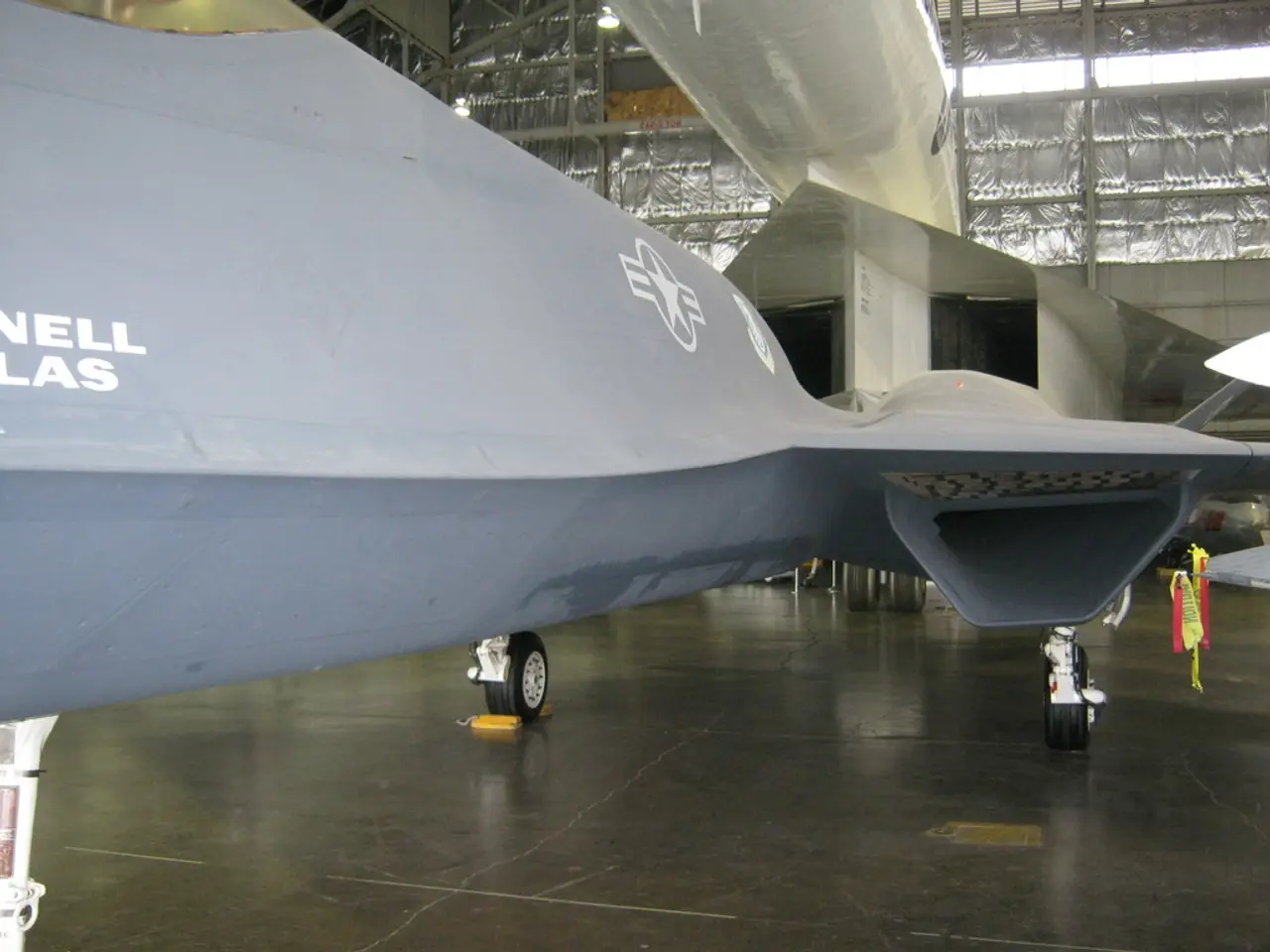Guide to Selecting Top-Notch Flight Training Institutions
When it comes to pursuing a career in aviation, choosing the right flight school is crucial. Here are some key factors to consider when aligning your aviation training with your goals and needs.
Purpose of Training
First and foremost, identify whether you want recreational flying, professional pilot certification, or a path directly to airline careers. Some schools, like the United Aviate Academy, offer integrated paths to specific airlines with career guidance and direct hiring opportunities.
Location
Larger schools at busy airports provide access to complex airspace, multiple runways, and advanced instrument procedures, which are excellent for advanced training. On the other hand, smaller schools at less busy or uncontrolled airports may offer quicker access to aircraft, lower costs, less radio traffic, and more personalized instruction.
Post-Education Opportunities
Consider schools affiliated with airlines or industry programs that help place graduates professionally. The United Aviate Academy, for example, provides mentoring, travel privileges, and a possible path to flying for United Airlines.
Physical and Cognitive Conditions
Confirm the school’s requirements and screening processes. Schools like the Airbus Flight Academy use online and onsite assessments including physical, cognitive, and aptitude tests to ensure candidates are fit for their training program.
Aircraft Fleet and Training Technology
Evaluate the condition and type of aircraft used. Schools like Embry-Riddle offer fleets equipped with modern avionics such as Garmin G-1000 and ADS-B systems, which provide better training relevance to real-world flying.
Quality and Stability of Instructors
Investigate instructor experience, their availability, and student reviews to ensure supportive and effective teaching. Positive feedback from current and former students is crucial to assess training quality.
Regulatory Approval and Accreditation
Choose flight schools approved by aviation authorities (e.g., FAA Part 141 or Part 61) and accredited by recognized bodies to ensure high training standards and credibility with employers.
Communication with Graduates
Contact alumni to learn about their experiences during and after training, validating claims about the school's quality and outcomes.
Fees and Payment Terms
Compare tuition costs, hidden fees, and payment schedules. Some programs offer associate degrees combined with pilot training, potentially adding value. Fee structure transparency and financing options can impact your decision.
Regular Maintenance of the Aircraft
Regular maintenance of the aircraft is also important to consider. A well-maintained fleet ensures safe and efficient training.
Physical Conditions and Facilities
The physical conditions and facilities of the flight school, including classrooms, buildings, airport, and runway, are important to consider. A clean, well-organized, and functional environment can contribute to a positive learning experience.
Instructor Staff
Researching the backgrounds and experiences of the instructor staff can help determine the quality of the education provided. Working with experienced and up-to-date instructors can be beneficial for one's career.
Location in Europe
Flight schools must be approved by specific authorities, such as the European Aviation Safety Agency (EASA) for commercial pilots in European airspace.
Additional Considerations
Directly contacting a flight school via phone or email can provide detailed information about the school. Location is an important factor to consider when choosing a flight school, as some may be closer to the reader's home. Pilot training is a costly endeavor, and it is essential to research the fee policies and payment terms of the flight school.
Selecting a flight school requires balancing these factors based on your priorities such as speed of training, depth of knowledge, cost, and career trajectory. Visiting schools, talking to instructors and students, and carefully reviewing curriculum details can help make the best choice.
In Turkey, Turkish Airlines offers opportunities for aspiring pilots, making it a potential option for those seeking a career in aviation. By considering these factors, you can make an informed decision and embark on a rewarding journey in the world of aviation.
- Schools offering integrated paths to specific airlines, such as the United Aviate Academy, provide direct hiring opportunities and career guidance for those pursuing airline careers in aviation.
- Aircraft maintenance is an essential factor when evaluating flight schools, as a well-maintained fleet ensures safe and efficient training.
- European flight schools must be approved by the European Aviation Safety Agency (EASA) for commercial pilots in European airspace.
- Pursuing education and self-development in the aerospace industry, particularly aviation, requires careful consideration of factors like school location, post-education opportunities, the quality of instructors, and the school's regulatory approval and accreditation. Aerospace technology and financial support often play a crucial role in the choice of flight schools, as does the need for relevant learning facilities and committed instructor staff.




